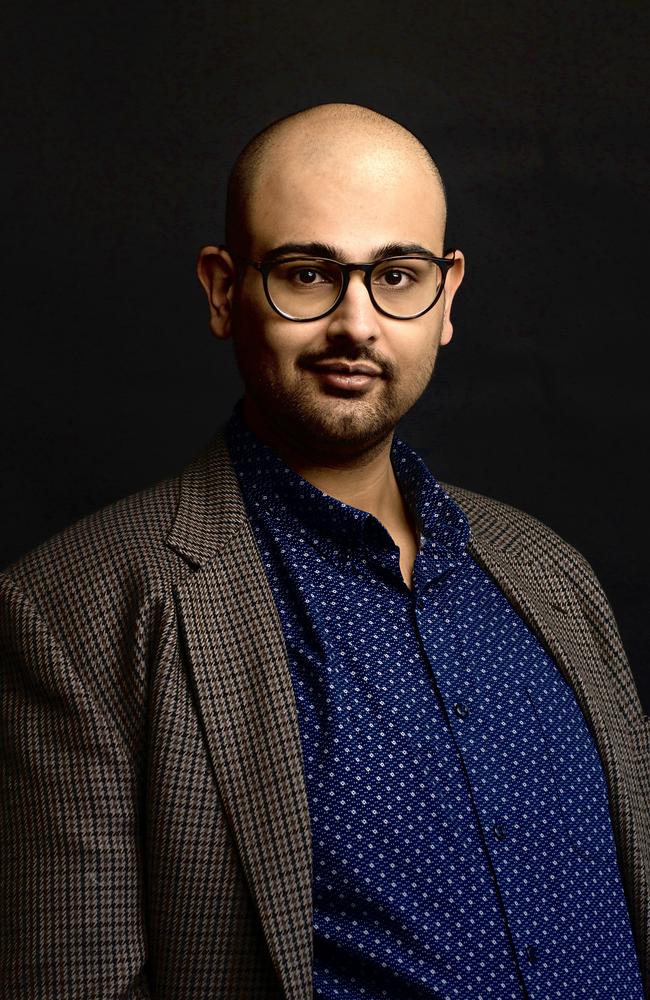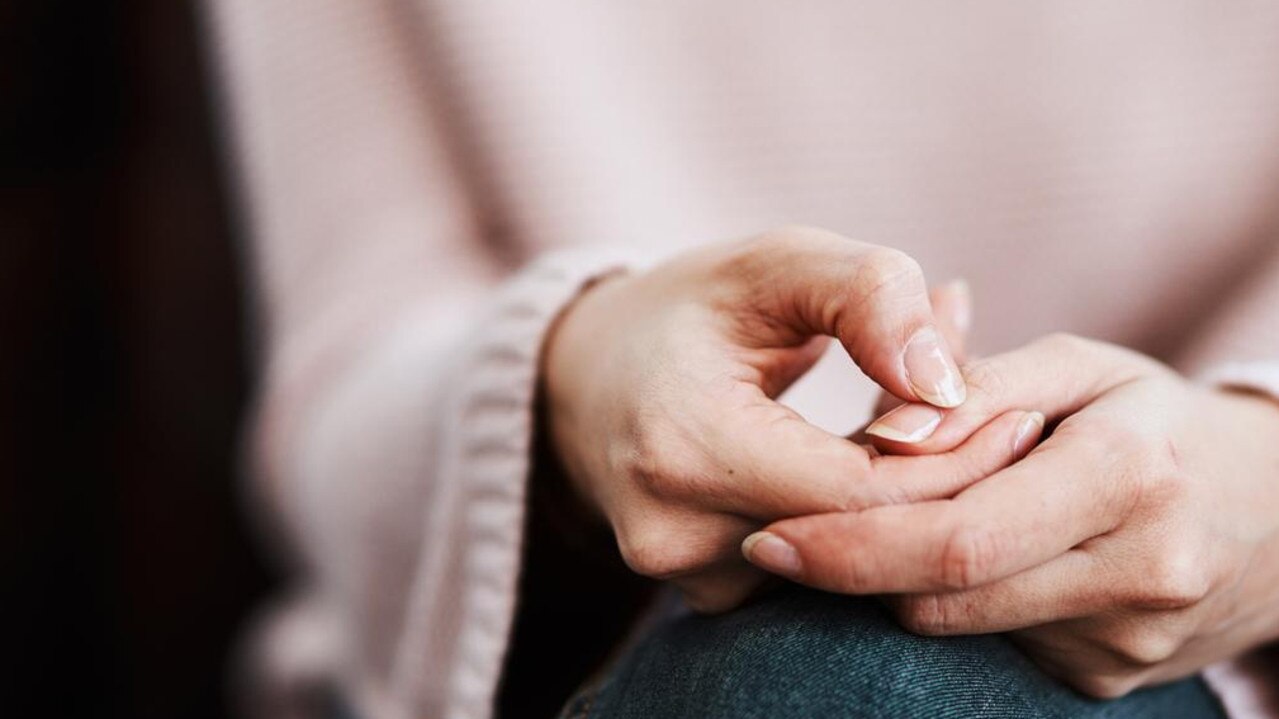The big issue with iconic annual event R U OK? Day and the reality for those who aren’t OK
It’s the annual initiative celebrated by millions, but beneath the surface lies a major problem that’s being ignored – and costing lives.
Today is R U OK? Day, an annual event that started in 2009 to encourage Australians to check in with their loved ones who might be struggling.
But the stark reality for many people who are not OK is that accessing the mental health support they need is increasingly difficult, if not impossible.
New research by Beyond Blue found 30 per cent of people with a mental health condition likely to impact their lives are unlikely to seek help.
Strain on the mental healthcare system is so severe that accessing treatment is a timely and expensive endeavour.
“As a GP, I find this situation really heartbreaking,” Beyond Blue Clinical Lead Dr Grant Blashki said.
“About 40 per cent are saying there’s a cost barrier. They’re worried they can’t afford. It’s not too surprising at a time when cost of living is really biting.
“And about a third say the waitlists they encounter are preventing them from getting care. It’s tough when someone comes to me and finds out they need to wait a long time to see someone.”

According to the Australian Psychological Society, one-in-three psychologists are currently unable to take on new clients, which is up from one-in-five in 2021.
Prior to the Covid-19 pandemic, when demand for psychologists surged, a tiny fraction reported being unable to take on any patients.
Now, three quarters of professionals working in metropolitan areas have a waiting list. Those needing support are often waiting up to three months to see someone, and some are on a list for six months or more.
The situation is worse in many regional and remote communities, where people in need can struggle to find any support services, Dr Blashki said.
“Your postcode shouldn’t determine how well you are. You should be able to access mental health services wherever you are.
“Our mental health system still needs quite a lot of reform to make sure it’s affordable to everyone.”
Anubhav Dhingra, Manager of Lived Experiences and Inclusion at SANE Australia, described the mental healthcare system as “one-size fits none”.
“There’s a strong skew towards those who are able to pay,” Mr Dhingra said. “Even if you can afford to pay, the waiting lists are very long.”

Mr Dhingra lives with childhood trauma, OCD, depression and panic disorder. While a combination of medication and talk therapy helps, the 32-year-old recognises he is one of the lucky ones.
“My parents were very supportive and I got a psychologist in high school. The first one I saw was great and I still stay connected with them. I hear stories in my work of people who churn through psychologists trying to find the right one so I feel quite privileged.
“I was one of the privileged ones who could afford to see a psychologist. A $90 gap fee – that’s something a lot of people can’t afford, especially at the moment. Many have to choose between food and therapy.”
As a result, hospital emergency departments are often the only port of call for those who are struggling, he said.
Emma McBride, Assistant Minister for Mental Health and Suicide Prevention, said the government is committed to reform.
This financial year, the Commonwealth will spend $7.1 billion on a range of reform measures, including addressing critical workforce shortages, extending essential services and improving access for vulnerable and disadvantaged groups, Ms McBride said.
“Investments to strengthen Medicare will support those in need of mental health care to see their GP – often the first place people turn to for help.
“Rebates for longer consultations will ensure appointments are no longer rushed, while the tripling of the bulk billing incentive will make seeing a GP more affordable for some of our vulnerable and disadvantaged Australians.”

Ms McBride acknowledged there are challenges in the supply and distribution of the mental health workforce. In its latest budget, the government committed $109 million to grow the workforce, she said.
Mr Dhingra praised initiatives designed to reduce stigma and encourage people to speak up if they need help.
“R U OK? Day is great. I think it’s done a fantastic job of encouraging open conversations around mental health and suicide.
“But it does insinuate that a conversation, and often a single conversation, can solve problems. For complex mental health issues, it’s many conversations.”
There is a frustration among some at the frontline of the mental health crisis that the initiative has become tokenistic and overshadows the need for meaningful systemic change, he said.
“The day really highlights the issues within the mental health system, which is incredibly under-resourced.”
SANE Australia runs a support telephone line – 1800 187 263 – from 10am to 8pm on weekdays. It also has online discussion forums and peer chat.
Beyond Blue offers a range of online supports for those in need, which are free to access.



